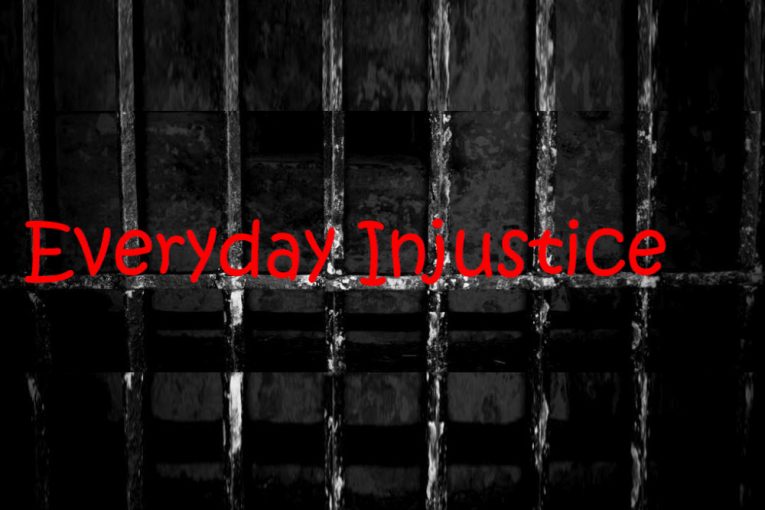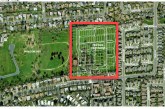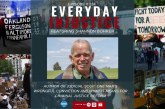

In 2011 when we attended our first Justice Summit in San Francisco, organized by the late public defender Jeff Adachi, one of the panelists was a journalist/lawyer, Amy Bach. She had just spent eight years in the field tracking court systems around the country and found “an assembly-line approach to justice: a system that rewards mediocre advocacy, bypasses due process, and shortchanges both defendants and victims to keep the court calendar moving.”
This is the concept I started to internalize in my everyday viewing of the court system. The idea is that ordinary, or what I will call everyday, injustices combine to produce tragic consequences in the criminal justice system. Every day we see things like prosecutorial misconduct, with ineffective and underfunded defense in play, resulting in unjust outcomes in a system that the ordinary institutions are ill-equipped to address.
In our time in the courts in Yolo County, we have seen a heavy dose of overcharging – a system where a county that is in the middle of the tier in terms of crime rate is near the top of the state in terms of incarceration.
And in our time in San Francisco, we have surprisingly seen much in the way of the same thing.
The problem that we face is there is no one watching what is going on. Newsrooms have had deep cutbacks. Reporters are able to cover a few high profile cases each year, while most courtrooms  the Vanguard covers have no one in them.
the Vanguard covers have no one in them.
The public is thus left unaware of the day-to-day happenings in the court system.
We may see on TV the dramatic police shooting caught on tape, we may hear the headlines when someone in prison for 40 years is released with an acknowledgment that the system failed them. We may see dramatic reports whereby one public defender may have a caseload in the hundreds and no way to really provide quality representation to their clients – even as the Supreme Court in 1964 granted the right to counsel under Gideon v. Wainwright.
It is easy to get outraged by the monumental injustices that we see, which are relatively rare in the criminal justice system. But the enduring feature in my view are these lower-order injustices that are much more ordinary and happen every day.
A perfect example comes from my recent podcast with NLG President Elizabeth Kim. At the age of 19, she ends up getting caught in the war on drugs. She has less than an eighth of an ounce of marijuana on her – it would be perfectly legal today. But because she had a scale, they charged it as felony possession for sale.
Nineteen years old. No priors. She has a good public defender in Santa Clara County. Nothing they can do.
She graduates from college. She goes to law school. Becomes a lawyer. She is clean and gets the record expunged.
Ironically she gets a job at the state bar, they do a background check and unceremoniously lock her out of the building and end her career.
My goal starting in 2010 was premised on a simple premise – if the public knows what is happening in the courthouse, the public will become engaged on the issue and seek change. The courthouse is perhaps the least accessible part of government to the public. It has become more so because newspapers are cutting back.
For the last ten years, we have been sending interns into the courtroom where we monitor and report on cases. We were ahead of the curve, but we remain on the cutting edge. San Francisco. Sacramento. Yolo County.
The event last week was a great success and we brought people to Davis from across the country.
I have seen what we can do on a shoestring budget. I also know that I can run these programs the right way for about $50,000 a year.
This week, we consolidated our efforts by creating the Everyday Injustice Newsletter, which will be published Monday through Friday and includes all of our coverage of criminal justice issues and our weekly Everyday Injustice blog which will look to highlight cases of Everyday Injustice from wrongful convictions to criminal justice reform.
To sign up – go here – https://tinyurl.com/yyultcf9
But we need one more thing. Money. If I can get 400 people to sign up at $10 a month or 40 people to sign up at $100 a month, I can run a court watch program the right way in one county. If you want to see this vision through, can you do your part (if you’re not already)?
Hit this link to become a paid subscriber: https://www.davisvanguard.org/2019/10/subscriber-injustice/
—David M. Greenwald reporting






